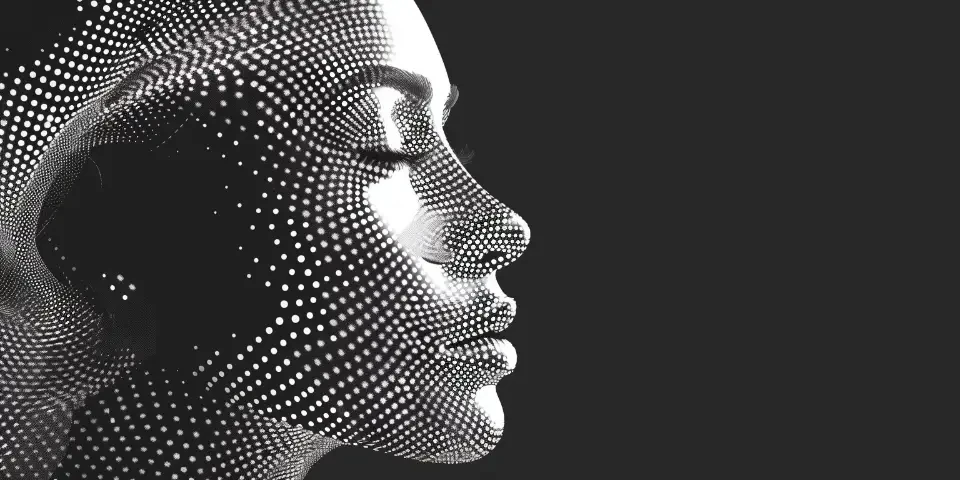From Fiction to Reality Exploring the Potential of AI in Science
In recent years, artificial intelligence (AI) has made significant advancements, transitioning from the realm of science fiction to practical applications in various fields. The integration of AI in science has the potential to revolutionize research, data analysis, and problem-solving. This article explores the numerous avenues where AI can be harnessed within the scientific domain and discusses its implications and possibilities.
1. Data Analysis and Interpretation
AI algorithms excel at processing vast amounts of data, helping scientists analyze complex datasets with precision and speed. These algorithms can identify trends, correlations, and patterns that may go unnoticed by human researchers alone. By automating the data analysis process, AI can expedite scientific discoveries and aid in hypothesis formulation.

2. Drug Discovery and Development
AI can accelerate the process of drug discovery by predicting drug interactions, suggesting possible drug candidates, and simulating their effects on the human body. These predictive models can reduce costs and time in the development of new treatments, potentially revolutionizing the pharmaceutical industry.
3. Precision Medicine
By analyzing a patient's genomic data and medical history, AI algorithms can personalize treatment plans, predicting the efficacy of specific therapies and minimizing potential side effects. This approach, known as precision medicine, has the potential to revolutionize healthcare, ensuring patients receive tailored and optimized treatments.
4. Genomic Research
AI algorithms are invaluable in genomic research, where vast amounts of genomic data need to be analyzed and interpreted. These algorithms can identify genetic variations associated with diseases, predict gene functions, and even assist in the design of targeted therapies based on an individual's genetic makeup.
5. Climate Change Modeling
AI can enhance climate change modeling by analyzing vast quantities of environmental data. By identifying patterns and correlations, AI algorithms can predict future climate scenarios, aiding scientists in understanding the impact of human activities and developing strategies to mitigate climate change.
6. Astronomy and Space Exploration
AI can aid astronomers in analyzing massive amounts of astronomical data collected by telescopes and space probes. These algorithms can detect and classify celestial objects, identify distant planets, and assist in the search for extraterrestrial life. Furthermore, AI can enable autonomous spacecraft and rovers to explore space with greater efficiency and safety.
7. Robotics and Automation
AI-powered robots and automated systems have the potential to revolutionize scientific experimentation. These machines can perform repetitive tasks with high accuracy and efficiency, enabling scientists to focus on more complex research and analysis. Robotic systems are already being used to conduct experiments, handle hazardous materials, and collect data in various scientific disciplines.
8. Natural Language Processing
Natural Language Processing (NLP) allows AI systems to understand and generate human language. In the scientific realm, NLP algorithms can assist researchers in navigating scientific literature, extracting relevant information from research papers, and even aiding in the writing of scientific articles or grant proposals.
FAQs:
Q: Can AI replace scientists in the future?
A: While AI can augment and enhance scientific research, it is unlikely to replace scientists. AI lacks the creativity, intuition, and ethical considerations that are crucial in scientific inquiry. Instead, AI will assist scientists in their work, accelerating progress and enabling them to focus on more complex problems.
Q: What are the ethical implications of using AI in science?
A: The use of AI in science raises ethical concerns regarding privacy, bias in data selection, and potential misuse of AI-generated knowledge. It is crucial to establish robust ethical frameworks and regulations to ensure AI is used responsibly and for the benefit of humanity.
Q: Are there any limitations to AI in science?
A: AI models heavily rely on the data they are trained on. Lack of diverse or biased data can result in inaccurate predictions or perpetuate existing biases. Additionally, AI models can struggle with explaining the reasoning behind their decisions, limiting their applicability in domains where interpretability is crucial.
References:
[1] Johnson, A. E. W., et al. (2019). "Artificial Intelligence in Health Care: Anticipating Challenges to Ethics, Privacy, and Bias." Journal of Medical Internet Research, 21(12).
[2] Silver, D., et al. (2017). "Mastering the game of Go without human knowledge." Nature, 550(7676), 354-359.
[3] Angie, S. (2020). "Artificial intelligence in genomics: is it time for genomics 2.0?". Genome Biology, 21(1), 1-6.
Explore your companion in WeMate